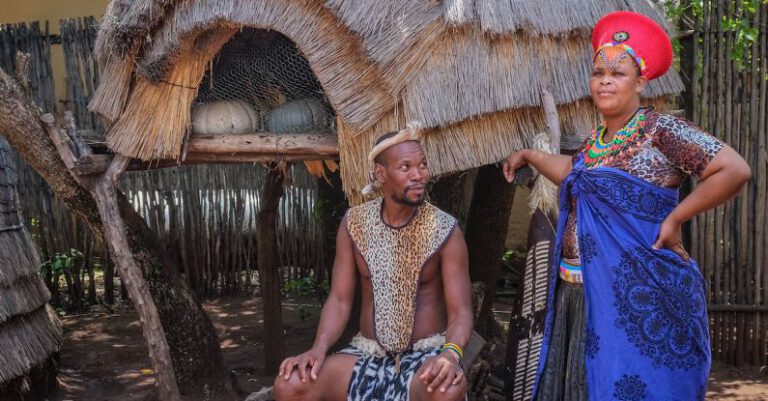Why Is Empathy Important in Cross-cultural Interactions?
Empathy is a powerful and essential tool in navigating cross-cultural interactions. It is the ability to understand and share the feelings of others, regardless of their cultural background. In an increasingly globalized world, where people from different cultures come into contact on a daily basis, empathy plays a crucial role in fostering meaningful connections and bridging cultural gaps. In this article, we will explore why empathy is important in cross-cultural interactions and how it can lead to greater understanding and harmony.
Breaking Down Barriers
Empathy is a universal language that transcends cultural boundaries. When we empathize with someone from a different culture, we are able to see the world through their eyes and gain a deeper understanding of their experiences, values, and beliefs. This understanding allows us to break down the barriers that often exist between cultures and build bridges of connection and mutual respect.
Cultural Sensitivity
Being empathetic in cross-cultural interactions requires us to be culturally sensitive. This means being aware of and respectful towards the cultural differences that exist between us and others. By recognizing and validating these differences, we create a safe and inclusive space for open dialogue and learning. Without empathy, cultural differences can easily lead to misunderstandings, stereotypes, and even conflicts. Empathy helps us navigate these differences with grace and understanding.
Building Trust
Trust is the foundation of any successful relationship, including those between individuals from different cultures. When we approach cross-cultural interactions with empathy, we demonstrate a genuine interest in understanding others and their perspectives. This builds trust and establishes a solid foundation for effective communication and collaboration. By showing empathy, we create an environment where people feel valued and heard, which in turn encourages them to open up and share their thoughts and experiences.
Breaking Stereotypes
Stereotypes are harmful generalizations that often lead to misunderstandings and prejudice. Empathy helps us challenge and break these stereotypes by allowing us to see the unique humanity in each individual, regardless of their cultural background. When we empathize with someone from a different culture, we recognize their individuality and complexity, rather than reducing them to a set of preconceived notions. This not only helps combat stereotypes, but also promotes a more inclusive and accepting society.
Enhancing Communication
Effective communication is pivotal in cross-cultural interactions. Empathy plays a vital role in enhancing communication by enabling us to listen actively and attentively to others. When we are empathetic, we not only hear the words being spoken but also understand the emotions and intentions behind them. This deep level of understanding leads to more meaningful and effective communication, as it allows us to respond in a way that acknowledges and respects the other person’s perspective.
Promoting Mutual Learning
Cross-cultural interactions provide an opportunity for mutual learning and growth. When we approach these interactions with empathy, we create a space for the exchange of ideas, knowledge, and experiences. By being open and receptive to different perspectives, we expand our own understanding of the world and challenge our own biases and assumptions. This mutual learning promotes cultural diversity and fosters a sense of global community.
In conclusion, empathy is a crucial ingredient in successful cross-cultural interactions. It allows us to break down barriers, be culturally sensitive, build trust, challenge stereotypes, enhance communication, and promote mutual learning. By cultivating empathy in our interactions with people from different cultures, we contribute to a more harmonious and inclusive global society. As we continue to navigate an increasingly diverse world, let us remember the power of empathy and its ability to connect us on a deep and meaningful level.






